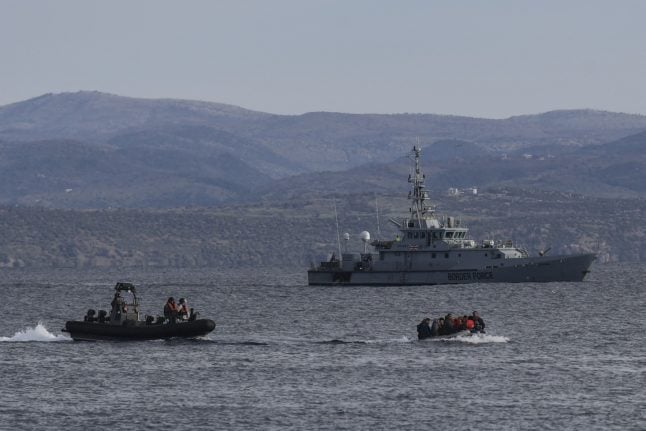“Germany could make a contribution and support Austria's efforts at the Brenner Pass [which connects Italy with Austria] with personnel,” Transport Minister Alexander Dobrindt told the Münchener Merkur.
Austria has long complained that Germany is reaping the benefit of its agreement with western Balkan nations to close borders all along what became the main refugee route in 2015 from Greece to Germany and points further north.
Numbers of refugees arriving in Germany have slowed to a trickle in recent weeks without Chancellor Angela Merkel having to renege on her promise not to close the Federal Republic's borders.
Now authorities expect more people to begin arriving in Italy as weather improves in the Mediterranean, making boat crossings from north Africa safer.
That will put pressure on Austria as people seek to move north – and “Germany can't just rely on our neighbouring countries keeping that under control,” Dobrindt said.
Dobrindt is a member of the Christian Social Union (CSU), Merkel's conservative Bavarian allies who have long criticized her willingness to accept large numbers of refugees in Germany.
“Germany must send a signal to the world that there is no unconditional culture of welcome even here,” he said.
“It would be wrong to give refugees the false hope that they can still head towards us. People looking for a better life can't simply cherry-pick Germany.”



 Please whitelist us to continue reading.
Please whitelist us to continue reading.